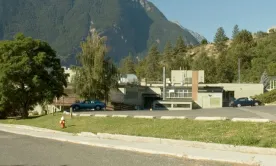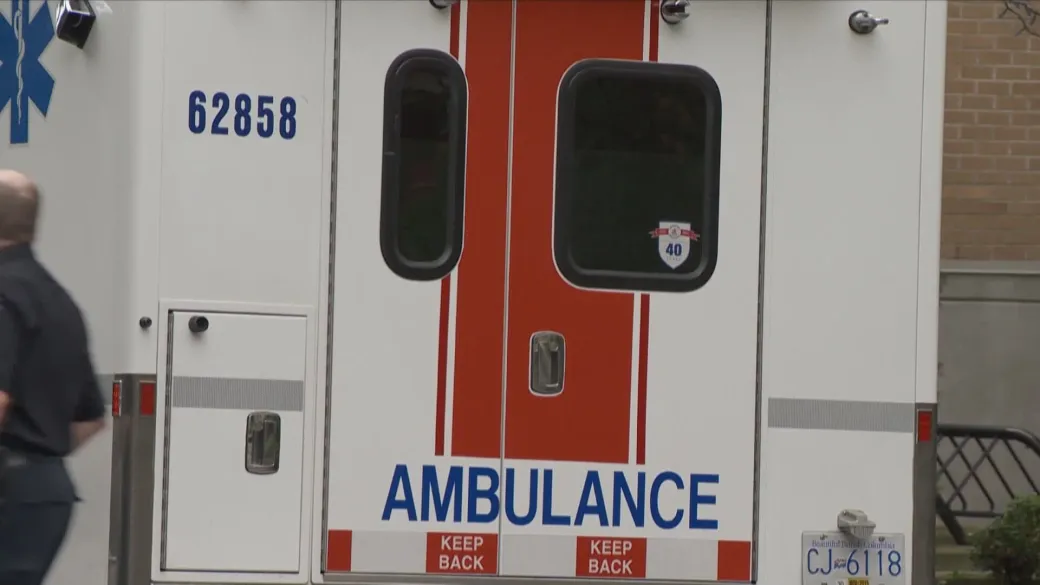
At first glance, Lillooet, B.C., looks like the perfect small community to raise a family.

But if you look closer, it’s a community facing a health-care crisis.
“We understand that our local doctors and nurses are tired, but at the same time Interior Health should be working on working with the smaller towns,” T’it’q’et First Nation Chief Sid Scotchman told Global News.

Following a string of intermittent emergency room closures in Lillooet, T’itq’et First Nations members have taken matters into their own hands, forming their own emergency health response team.
The unit is composed of four to five people with Level 3 first aid training, who are on call for any emergencies on the reserve, day or night, when the ER is closed.
“We have members that are dealing with chronic issues, we also have the elderly. So knowing they have someone to call is a huge load off,” Scotchman explained.
“Sitting and waiting for someone to get hurt is enough itself, and having to do this on top of my other jobs is — yeah, I’m getting pretty tired.”

The First Nation is not alone in taking matters into its own hands.
Lillooet’s mayor is creating a panel composed of councillors, health-care workers and First Nations members to tackle the growing problem.
Mayor Laurie Hopfl has also been recruiting rural and small-town mayors to a special working group to press the province on urgent fixes to the health-care system.
“That’s why I’m reaching out to other communities and trying to build this team because this is so personal to me,” she told Global News.
“I think what we see and what we hear in the community is definitely a sense of nervousness from the public, from business owners as well,” added Lillooet Chief Administrative Officer Joe McCulloch.
When Lillooet’s ER shuts down, patients are left facing a long drive to the nearest hospital, located at least two hours away in Kamloops.

The community is also facing a new provincial ambulance policy, which means that non-life-threatening calls may not be attended to and in some cases, dispatchers may postpone dispatching an ambulance to a non-life-threatening call until more ambulances become available in the area.
“With our elders if they break a hip and have to wait hours for another ambulance to be on shift that’s really scary … going through that pain for a long period of time,” said Scotchman.
The First Nation is planning to bill Interior Health for the emergency response team, arguing health-care is the province’s responsibility.